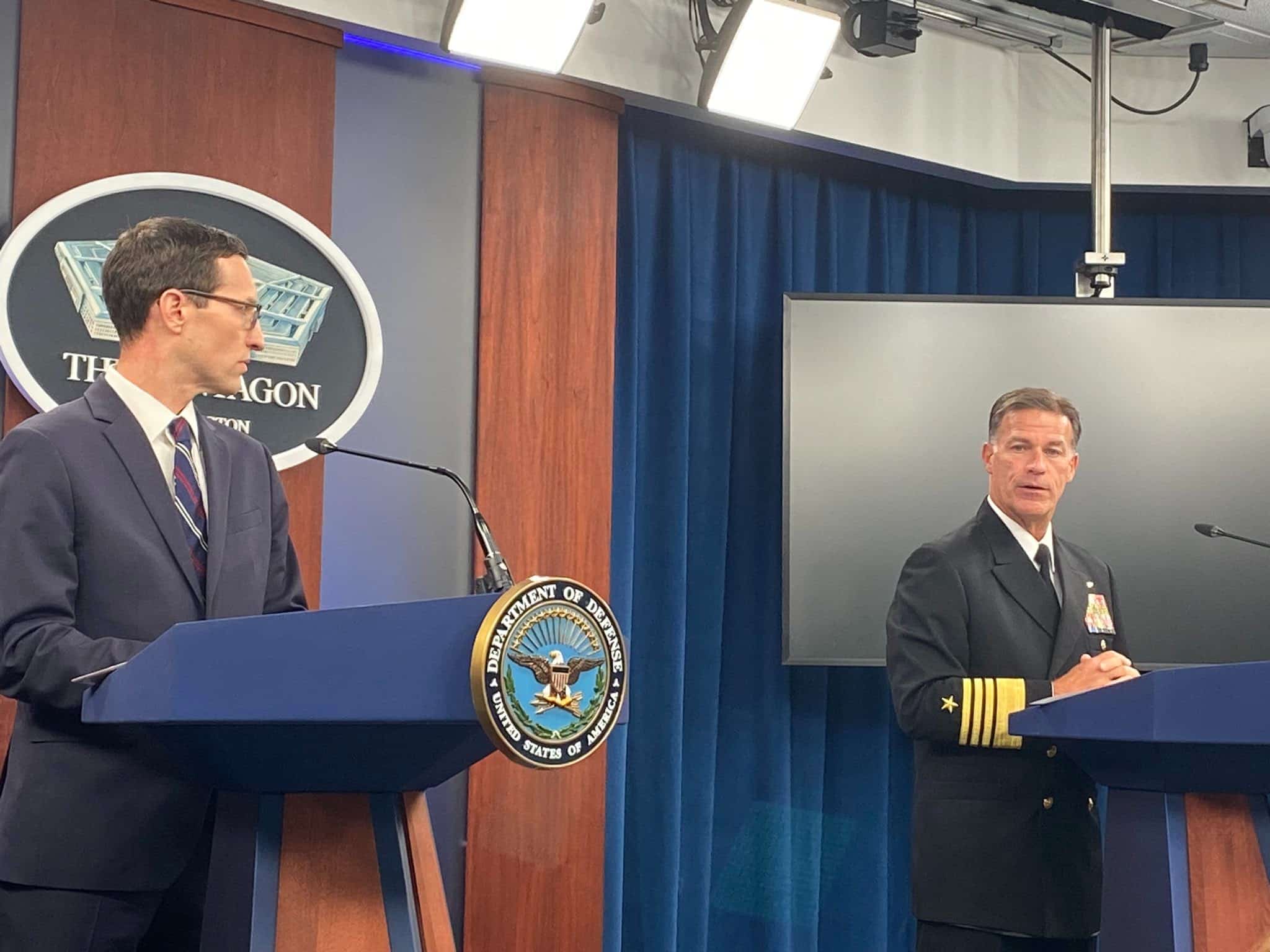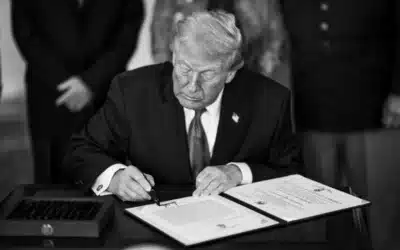Defense Department officials said US military assets in East Asia are sufficient to confront China as the Pentagon supplies the Israeli and Ukrainian armies with weapons. One official described 2023 as a “banner year” for Washington increasing its military presence in the region surrounding China.
On Tuesday, the Pentagon held a press conference to discuss 180 “unsafe…unprofessional… corrosive and risky” encounters between Chinese and American aircraft over the past two years. However, reporters asked the officials, Commander of Indo-Pacific Command (INDOPACOM) Admiral John C. Aquilino and Assistant Secretary of Defense for Indo-Pacific Security Affairs Dr. Ely Ratner, about the Pentagon’s ability to deter China as it arms Israel and Ukraine.
Aquilino said that INDOPACOM has not seen any reduction in military assets available in the region, and the US was ready to win a war with China. “What I’ll tell you is I haven’t had one piece of equipment or force structure depart. The US is a global power, and that means we can deliver effects and execute our deterrence responsibilities across the globe, but I don’t think any other nation can do that at this time, but the US can,” he explained. “INDOPACOM prepares every day to ensure we execute both of the missions the Secretary gave me. Number one, to prevent conflict in the Indo-Pacific; and number two, if mission one fails, be prepared to fight and win.”
Ratner said he was not concerned about Chinese aggression because the White House has had a “banner year” in building up its military alliances in the Asia Pacific region. “We have been developing a more mobile distributed lethal and resilient force posture in the Indo-Pacific. We’ve had a banner year in that regard over the last 12 months, a lot of great work in concert with INDOPACOM from Japan, the Philippines, down through Australia.” He continued, “And in the meantime, we have been deepening our alliances and partnerships in the region. And to a tee, our key alliances and partnerships in the region are stronger than they have ever been.”
When asked questions about the 180 intercepts labeled as “unsafe,” “unprofessional,” “corrosive, and risky” the defense officials said that information was classified. “So we don’t think it’s in our interests and in our national interests to get into very specific details about the nature of all of these incidents because of how our other countries may use that information,” Ratner said.
Encounters between the Chinese and American militaries have increased in recent years as Washington has increased the number of military operations it conducts in the South China Sea and Taiwan Strait. Beijing considers those regions as Chinese territory.

































